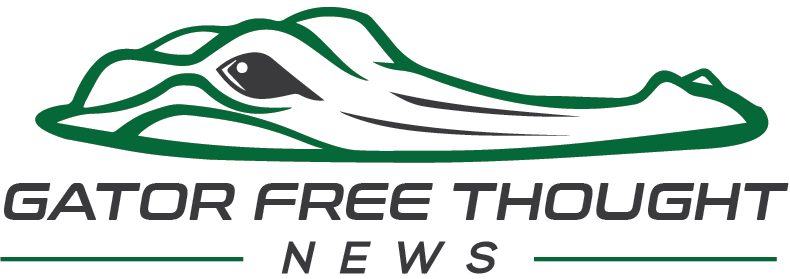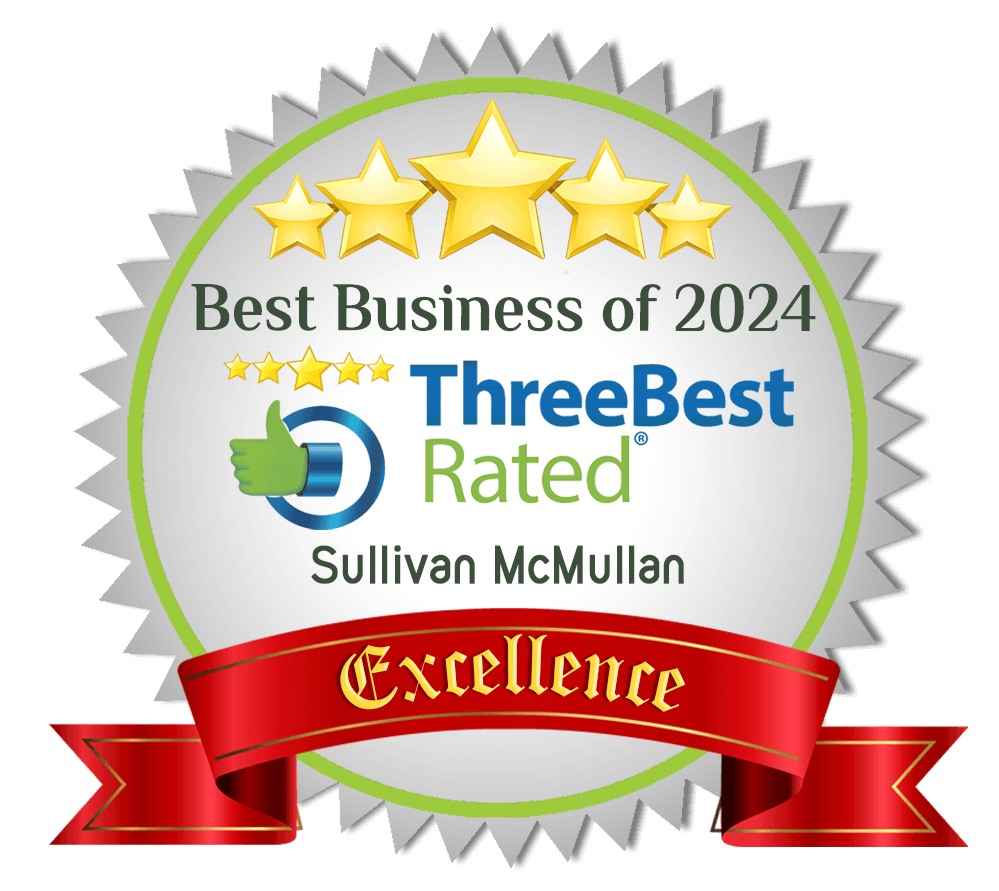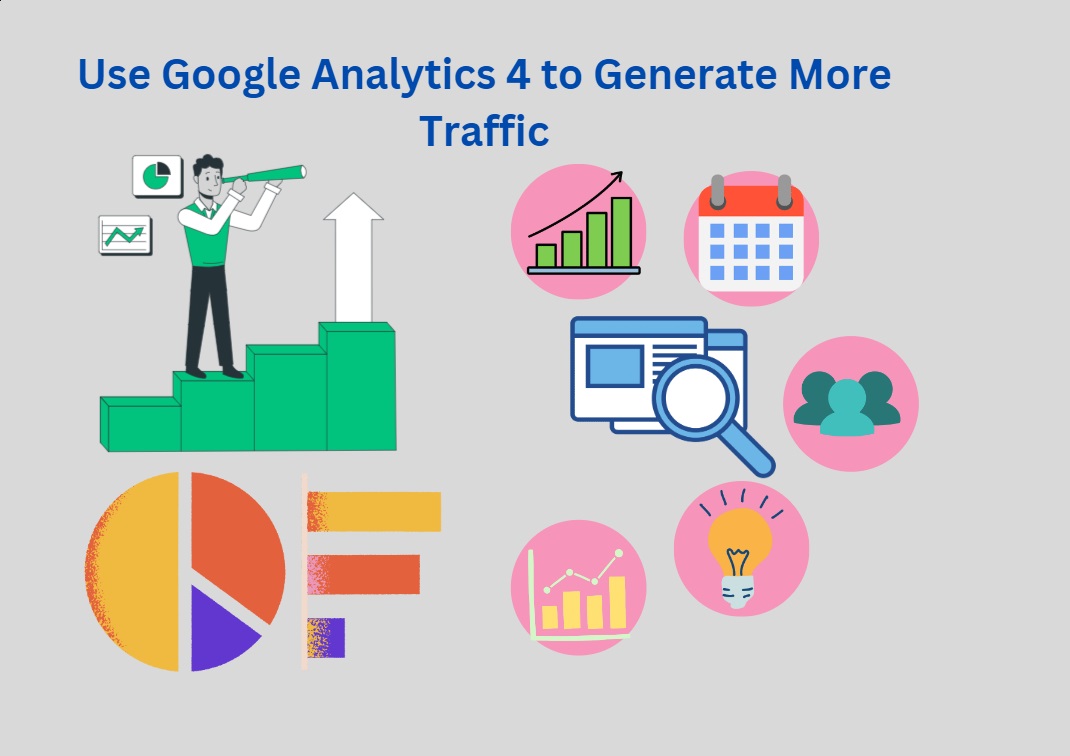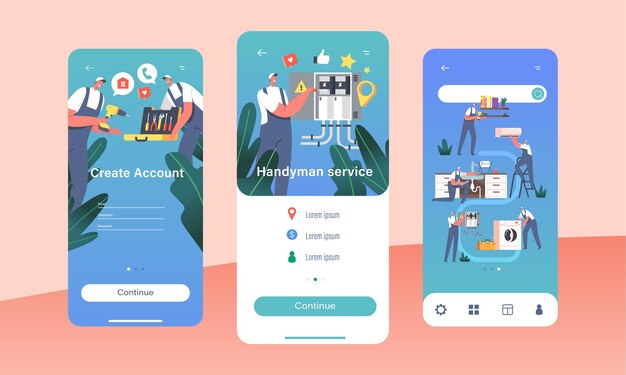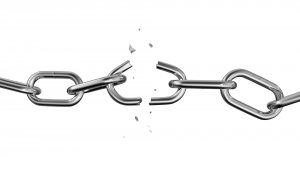SEO Dangers Part 2 – All About Links
Throughout the years, SEO companies have tried to guess which factors impact a website’s ranking in search results. Among all the ranking factors, one remains incredibly influential: backlinks. Put simply, a backlink is when another website includes a link back to yours. Common ways to acquire them are by writing guest posts for other sites, posting original content and research on your own site, and reaching out to other site owners.
With each backlink, your website becomes a bit more credible in the eyes of Google. But not all links have the same value. If you aren’t careful, some links can actually hurt your rankings in search engines. Prioritize high-quality links from authoritative domains to see the best results.
Everyone knows receiving backlinks is a key ranking factor. But it’s not just any backlink that results in a net positive for your site’s Google rankings and traffic. Brian Robben, the CEO at Robben Media, expressed that you need high-quality and relevant links. In fact, receiving bad links from spam, porn, or other bad sites is a danger to your SEO.
Illegitimate Sources

One of the more prevalent dangers in today’s world is link procurement from illegitimate sources. Search engines are better able to spot links that are unnatural in nature and do not adhere to Google’s quality guidelines, Nate Nead, the CEO at SEO.co, shared with us. He went on to say that we’re not just talking about paid link placements. We are talking about acquiring links from sites whose sole purpose is to pass link equity to other websites via guest posting.
Once a legitimate means of growing your search engine traffic, link building via guest blogging is becoming much more dangerous. Before you go out guest posting to the world, you should perform basic quality checks and link audits on the sites in which you plan on posting.
Blaze Bullock, an SEO Strategist at Blaze Digital Marketing, shared that paying for backlinks is one of the biggest SEO dangers out there. Blaze expressed that it can provide huge gains in the short-term but can completely wreck your SEO traffic down the road. Once Google catches you, and they most likely will, your organic search traffic will tank. They may even blacklist your website.
Nofollow Links

Rany Burstein, CEO and Founder of Diggz, expressed a very interesting point about nofollow links. Rany stated “Another thing to watch out for is paying a lot of money for a backlink that will end up with a NOFOLLOW tag. These tags basically have little contribution to your SEO. If the site is relevant you might get traffic from the backlink. There are some services out there claiming to get you on publications like Huffington Post or NY Post for a few thousands of dollars. So just think if it will really be worth the money. I got a lot of offers to get Diggz on these publications, but when I pressed on whether there will be a FOLLOW tag or even a link to the site, they said nothing is guaranteed. Needless to say, I politely declined.’
High-Quality Links
So, what separates a good link from a harmful one? The difference is the authority of the website that’s linking to yours. But the top-ranking site for a keyword is not necessarily the more authoritative. Sites with high authority have credible information, a wide readership, and social media engagement.
Stewart Dunlop, the CEO at PPCGenius.io, explained that as part of your digital marketing tactics, it is better to aim for higher authority backlinks. Reaching sites in the 80+ region is going to be difficult or cost a pretty penny, but you can have a lot of progress even with sites in the range of 20+. Those that begin to dip into the teens and single digits are considerably less important. Often these are new sites with a small readership or have been punished by Google. Sometimes these types of links will have worth, especially if they have committed readers or fit your distinct niche very well, but their ability to increase your own authority is inadequate so it’s better to focus efforts elsewhere.
Broken Links
Elis Marcu, Digital Marketing Coordinator at Sk:n Clinics, shared that broken links can waste a website’s crawl budget and cause a poor user experience. Unfortunately, old links rendering 404 response codes often get forgotten about, mainly because no one thinks to check them when deleting or moving a page. This WILL impact rankings, which is why it’s important to identify any instances of broken links and fix them accordingly. There are plenty of tools I use to find both internal and external broken links, including Screaming Frog and/or Ahrefs.
Scott Keever, Founder/CEO at Scott Keever SEO, agrees that websites should be aware of broken links. Scott expressed: “Be extremely careful of broken links. I will personally thumbs up the use of internal links but in rare cases where they affect your rank on Google; refraining from usage would be a better option. You wouldn’t want your URLs to be undermined so stick to using hyphens. Using internal and external links a few times myself has only made me realize that if they are broken, they would affect my user relationship level.”
Lack of Anchor Text/Link Strategy
When you’re searching for backlinks from other websites, don’t forget that your own website needs links, too. In your content, you can link to different product pages or cite a source for research that you referenced. Make sure that you use anchor text that’s descriptive rather than generic.
Stephanie Nelson, SEO & Social Media Maven at SBN Marketing, shared that search engines look for internal links (between pages of the same website) and external links (pointing to a page on another website). As such, including this type of link strategy is important in your overall website setup. However, as you’re adding these links, you also need to consider your anchor text, the copy on your site to which the link is connected. Saying click here used to be in vogue, but now it is harmful to a point. Instead, attach the link to a copy that actually describes the page to which the link points. For example, instead of using “click here” for our post about XYZ (attaching the link to click here), use something more along the lines of “our post about XYZ provides more information” and attach the link to our post about XYZ.
There’s a lot to know about building links, but it’s especially important to avoid these pitfalls. Be sure to prioritize quality over quantity. If you pay for links, you run the risk of being penalized by Google. Stay away from nofollow links, which won’t help your rankings in search engines. And whether links are internal or external, make sure that they work!
Your website will see ranking increases with the right link building strategy. But before you get started, take note of these SEO dangers that can drag your website down the SERPs.
